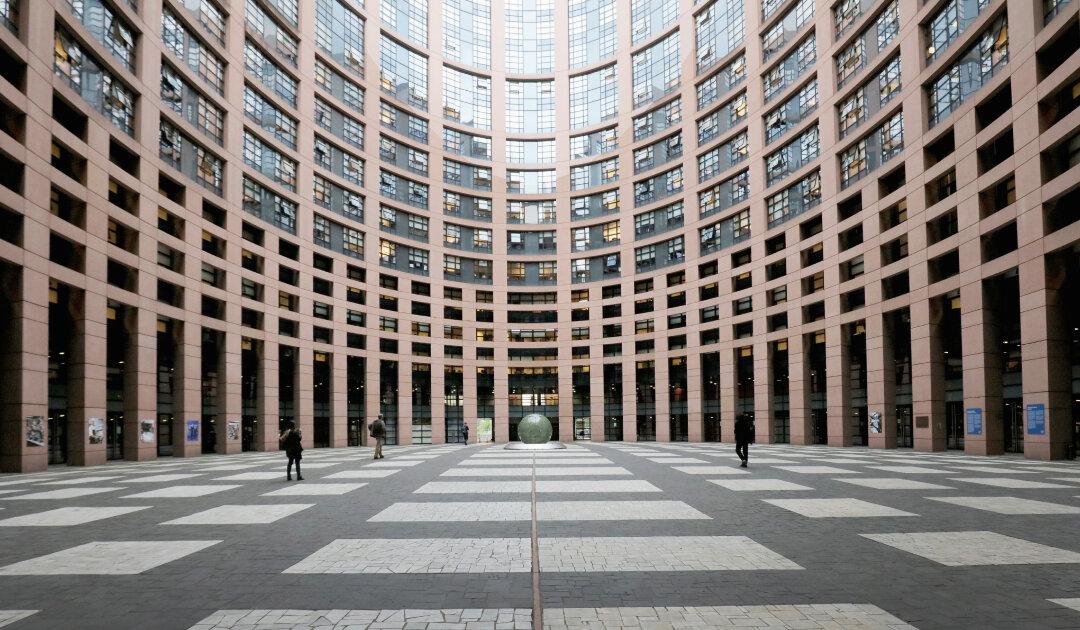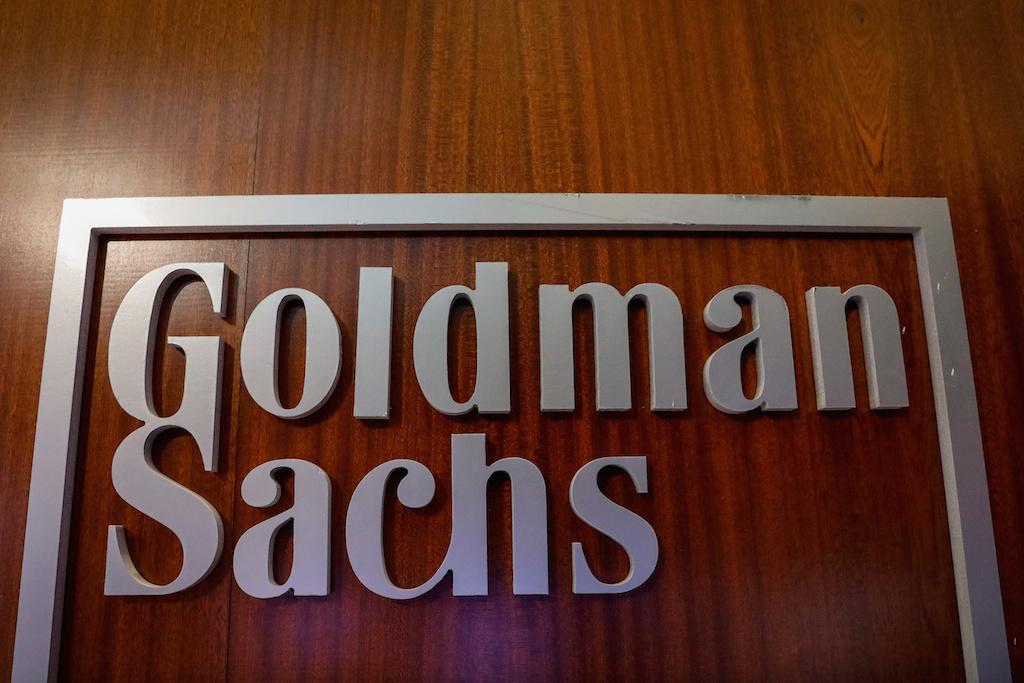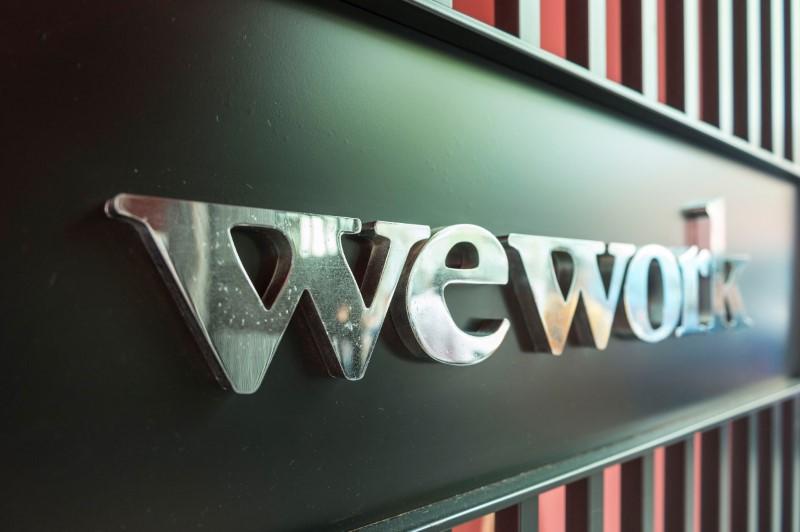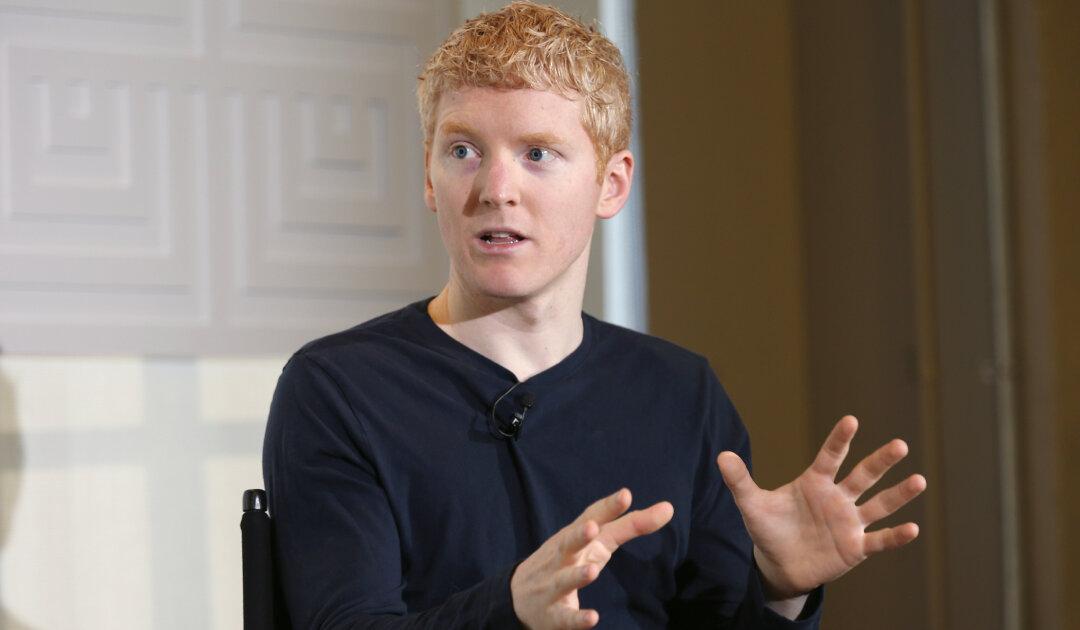Starbucks Corp. won a court fight and a Fiat Chrysler Automobiles NV unit lost one over European Union tax orders in decisions that left lawyers puzzling over the impact on Apple Inc.’s chances of toppling a record 13 billion-euro ($14.3 billion) bill.
Even though the amounts at stake in the Sept. 24s rulings—about 30 million euros each for Starbucks and Fiat—aren’t huge, lawyers are now poring over the judgments ahead of multiple appeals as companies, including the iPhone maker, counter EU Competition Commissioner Margrethe Vestager’ five-year crackdown on allegedly unfair tax deals.




